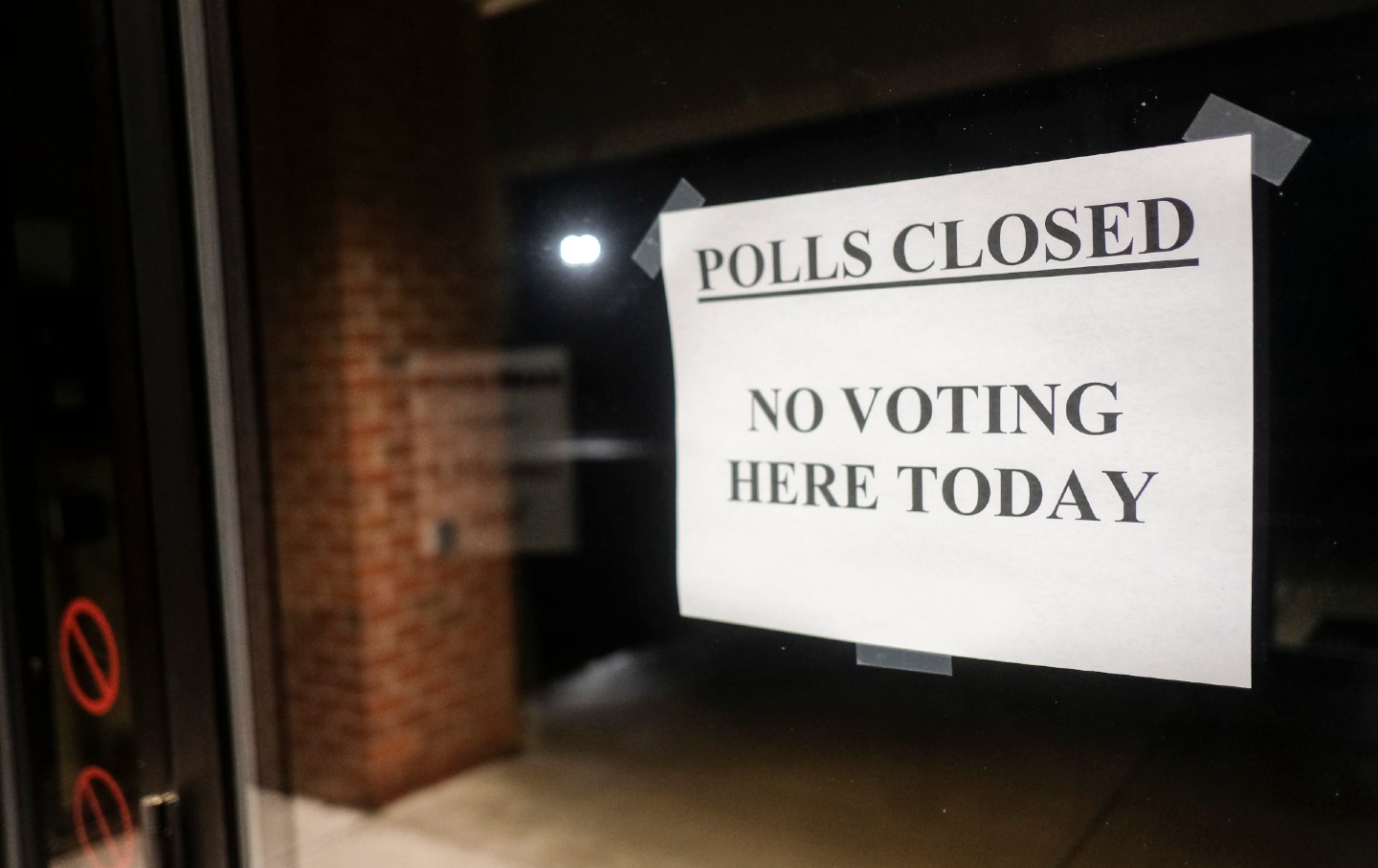In the first half hour, the hosts were joined by Conservative commentator and Cohost of Fault Lines Melik Abdul to discuss the debt ceiling deal.
Erdogan Retains Turkish Presidency While Kosovo Witnesses Upheaval
In the first half hour, the hosts were joined by Conservative commentator and Cohost of Fault Lines Melik Abdul to discuss the debt ceiling deal.

 The stock response to President Donald Trump’s suggestion that the general election might be delayed because voting during a pandemic would involve a record number of mail-in ballots, a format he argues is unreliable and susceptible to fraud, is that he doesn’t have that power.
The stock response to President Donald Trump’s suggestion that the general election might be delayed because voting during a pandemic would involve a record number of mail-in ballots, a format he argues is unreliable and susceptible to fraud, is that he doesn’t have that power.